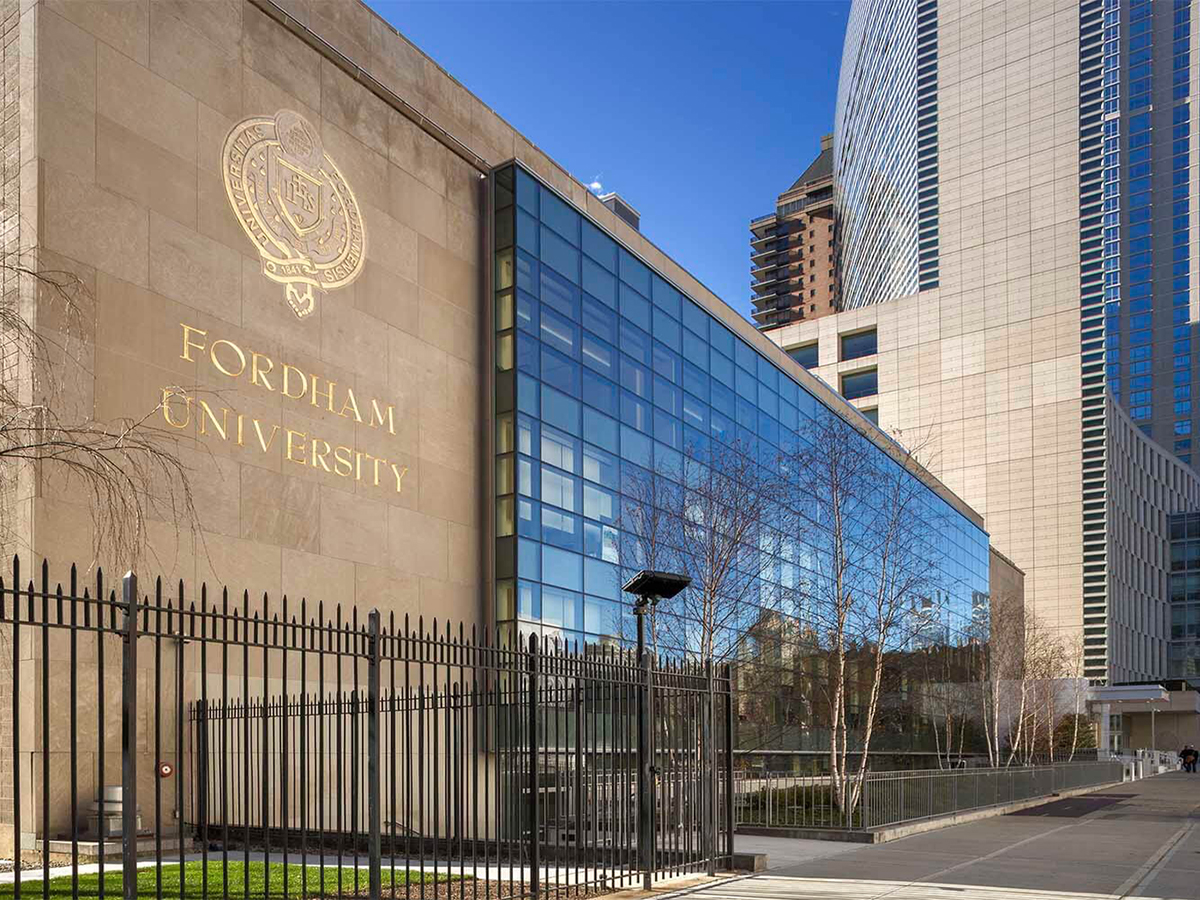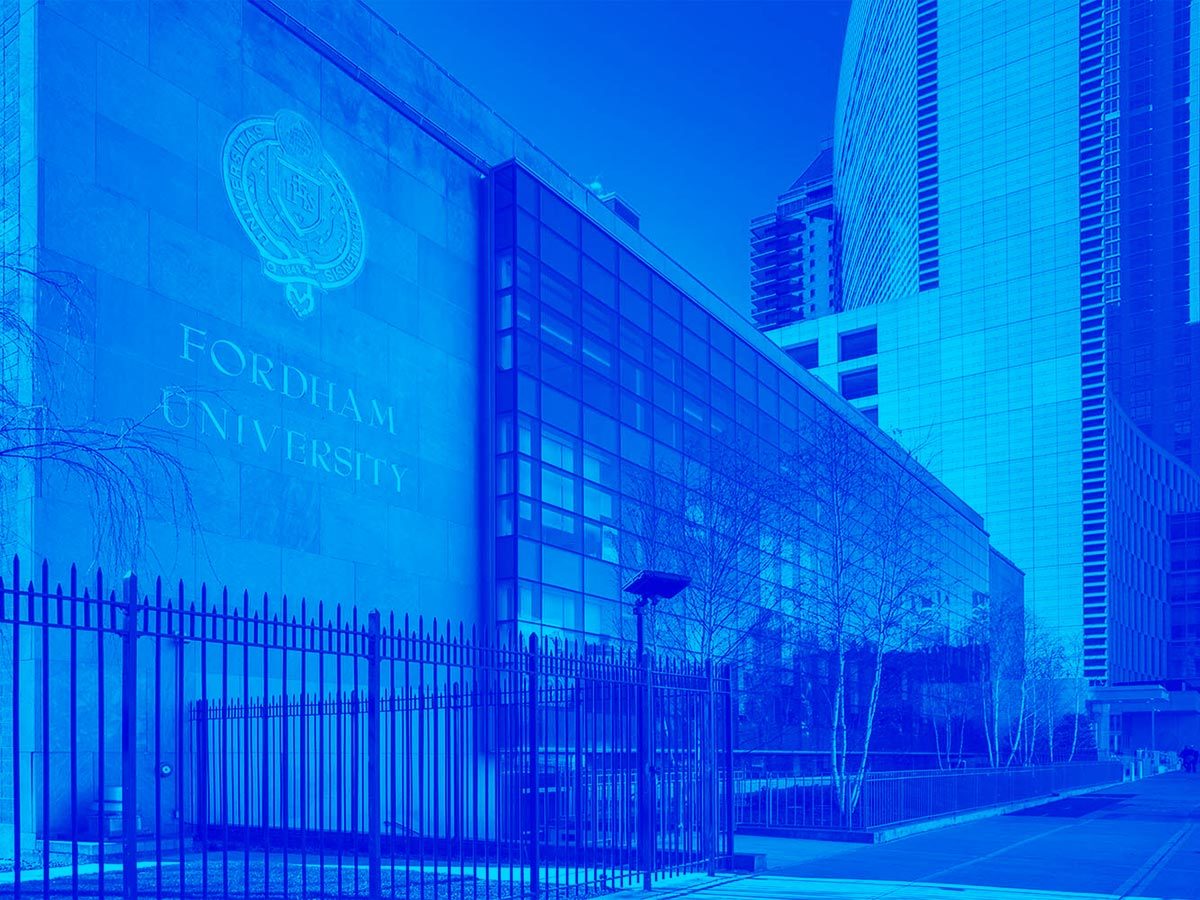Nicholas Rock
Assistant Professor
Boston University
Design is present in visible and invisible ways in contemporary society such that the term “design” has permeated everyday language—resulting in a situation where everyone knows what design is and no one knows what design is. Design is becoming further integrated with business, and socio-economic demands require a constant pursuit of data and technological advances while leaving behind the personal and social side of those same topics. Design is altering our human experience under the illusion of increasing our connectedness.
We have begun an examination of how design can enable a return to more meaningful connections with people. Since design as a concept is becoming increasingly universal, we are looking at it through the lens of something as culturally ubiquitous as food. How can our relationship with food inform our relationship with design in society? How might we improve our approach to how we both practice and teach design by investigating practitioners of gastronomy and culinary arts?
Our studio began this research project with the intent of understanding the parallels between chefs and designers—hoping to learn from the creative process of chefs pushing the limits of their profession as a way of advancing our own. Through a series of interviews and collaborative experiences, we have held conversations with designers, architects, chefs, restauranteurs, food historians, and farmers to better understand both a historical and contemporary relationship between food, design, and culture. We encountered a shared philosophy of creating opportunities for human connection. Using this insight, we are forming new design methodologies and altering our approach to design education.
We need to reinforce our connection to each other as human beings. If we return to this as a core principle in design practice and education, then we can create new opportunities to bring people together instead of driving people apart.
This research was presented at the Design Incubation Colloquium 6.3: Fordham University on May 16, 2020.


